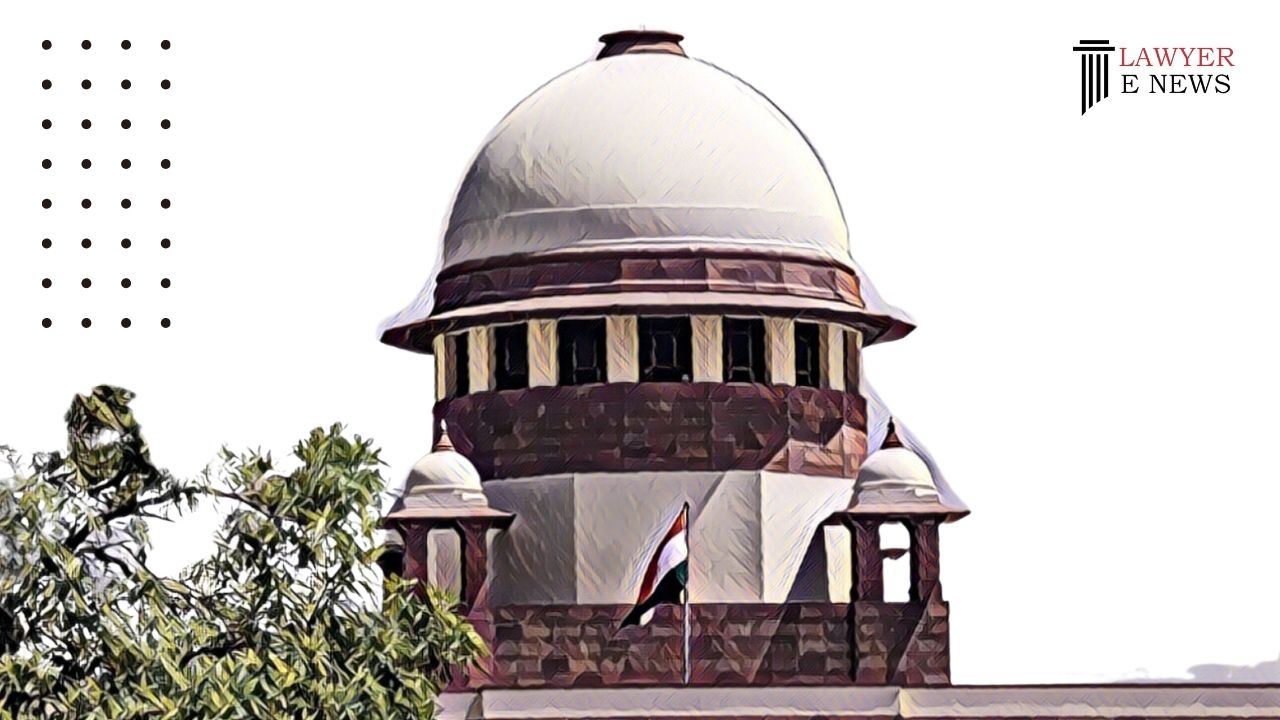-
by sayum
14 February 2026 2:22 PM



The Supreme Court has set aside a detention order issued under the Conservation of Foreign Exchange and Prevention of Smuggling Activities Act, 1974 (COFEPOSA), highlighting the necessity for lower courts to adhere to precedents set by coordinate benches. The judgment, delivered by a bench comprising Justices B.R. Gavai, Prashant Kumar Mishra, and K.V. Viswanathan, critiqued the Kerala High Court for deviating from its earlier decision in a related case involving the same grounds of detention.
The case arose from the detention of Abdul Raoof, who was implicated in a smuggling operation involving 14.7 kilograms of contraband gold concealed in a refrigerator compressor. Raoof, who operated a cargo handling business in Dubai, was accused of organizing the smuggling and was detained under Section 3 of COFEPOSA. After his arrest in March 2022, Raoof challenged the detention order, arguing that crucial documents, specifically WhatsApp chats used as evidence, were not supplied to him, thereby impairing his ability to mount an effective defense. His appeal followed the dismissal of his writ petition by a Division Bench of the Kerala High Court, which upheld the detention despite a previous coordinate bench quashing similar detention orders against his co-accused on the same grounds.
The Supreme Court strongly emphasized the need for judicial discipline, particularly the obligation of courts to follow decisions made by coordinate benches. The bench observed, “When the Coordinate Bench of the same High Court based on the same grounds of detention and on the basis of the same material... had come to a considered conclusion... another Coordinate Bench could not have ignored the same.”
Central to the case was the non-supply of certain WhatsApp chats that were pivotal to the detention orders. The Supreme Court noted that these chats were instrumental in forming the detaining authority's subjective satisfaction regarding the need for detention. The court found that the failure to provide these documents violated Raoof’s constitutional right to make an effective representation under Article 22(5) of the Constitution.
The court reiterated that the non-supply of documents relied upon in the detention order vitally affects the detained person’s right to make an effective representation, a principle upheld in the earlier judgment by the Kerala High Court's coordinate bench. The Supreme Court underscored that the High Court’s departure from this principle without referring the matter to a larger bench was improper, stressing that such inconsistencies undermine judicial predictability and discipline.
Justice B.R. Gavai remarked, “Disrespect to the constitutional ethos and breach of discipline have grave impact on the credibility of judicial institutions... If the courts command others to act in accordance with the provisions of the Constitution and rule of law, it is not possible to countenance violation of the constitutional principle by those who are required to lay down the law.”
The Supreme Court's decision not only quashes the detention order against Abdul Raoof but also reinforces the critical importance of judicial discipline and adherence to precedent. By ensuring that lower courts consistently apply the law, this judgment strengthens the rule of law and the rights of individuals under preventive detention. The case sets a significant precedent for future cases involving preventive detention under COFEPOSA, especially concerning the procedural rights of the detainees.
Date of Decision: August 20, 2024.
Shabna Abdulla v. Union of India & Ors.
